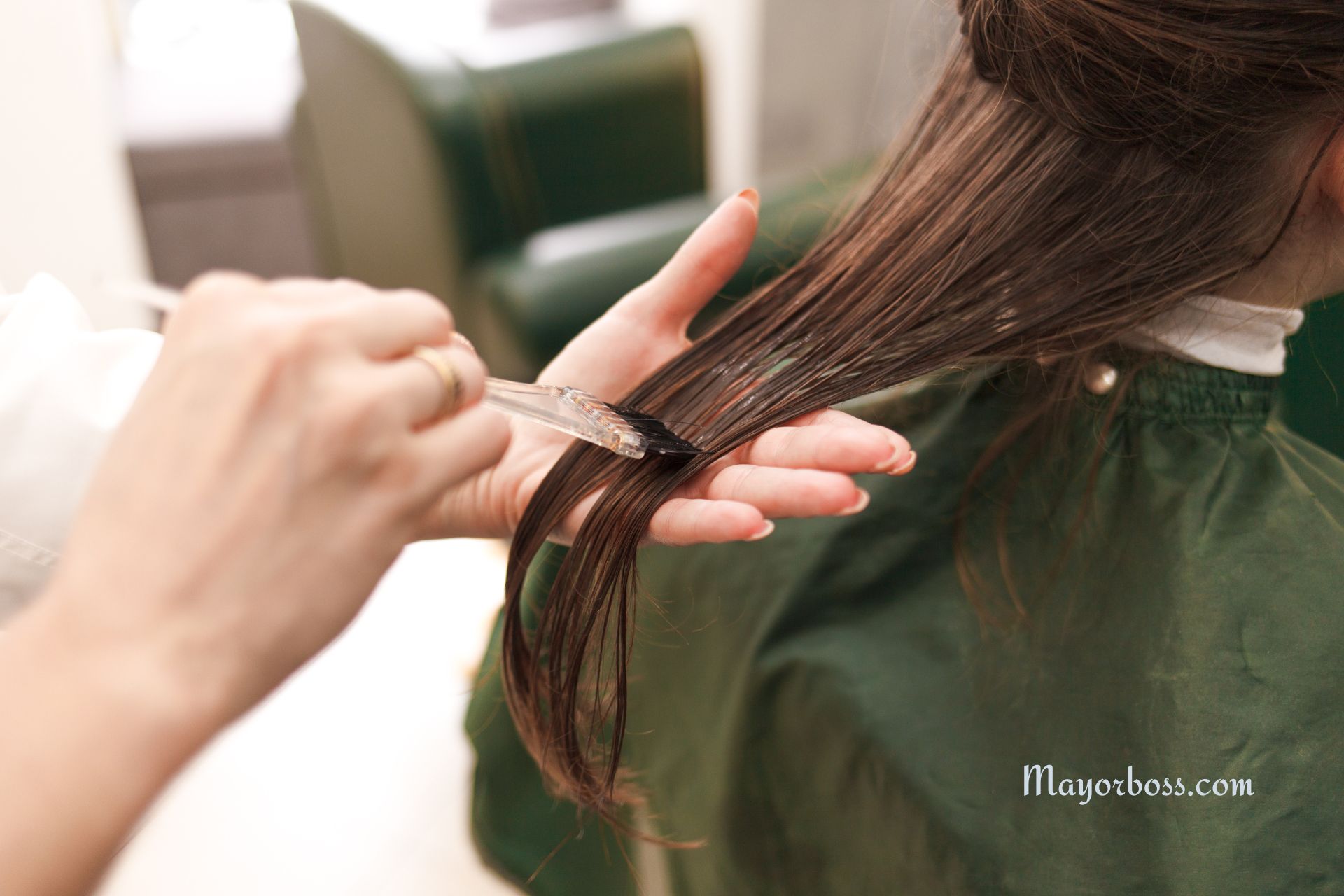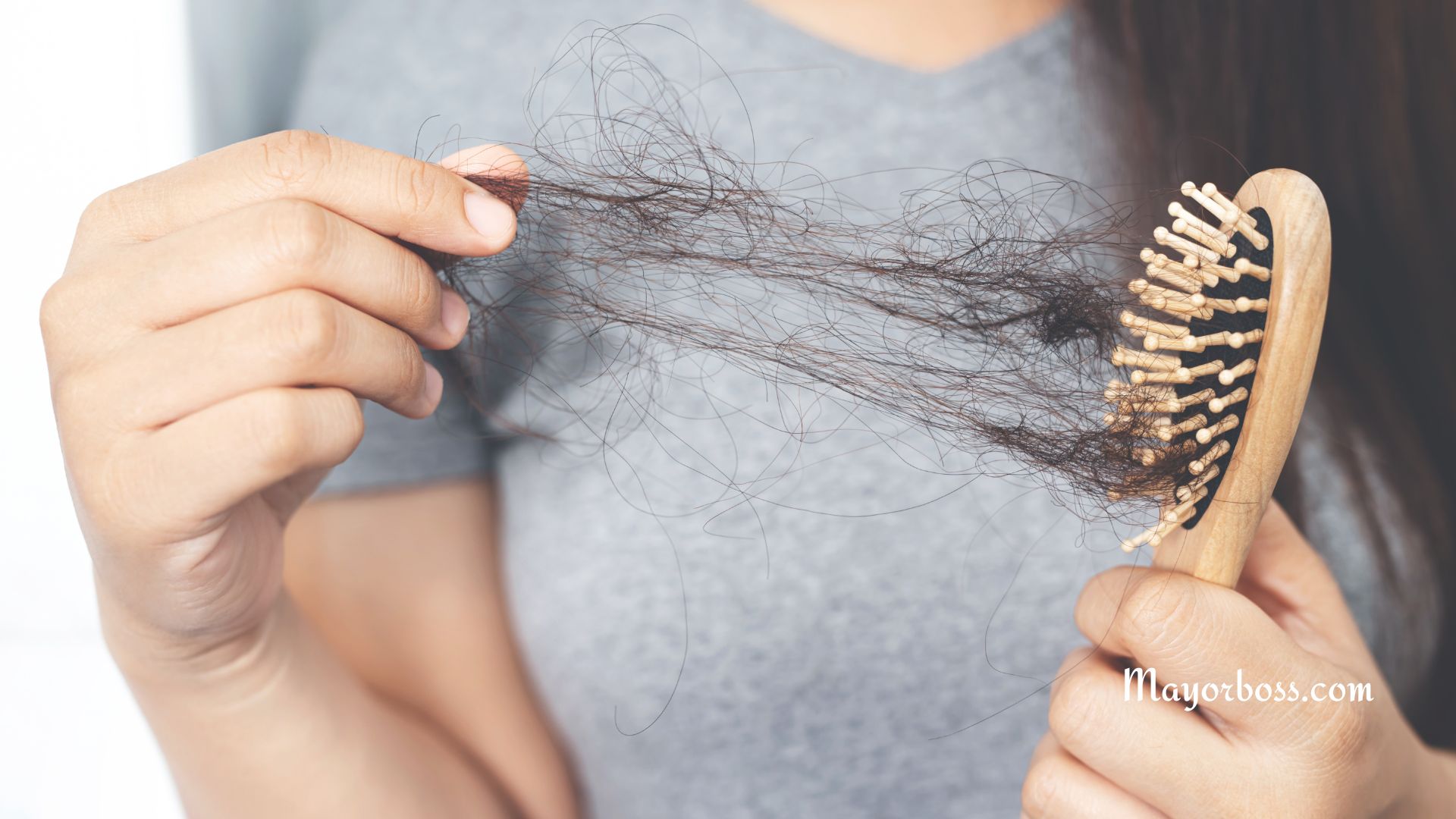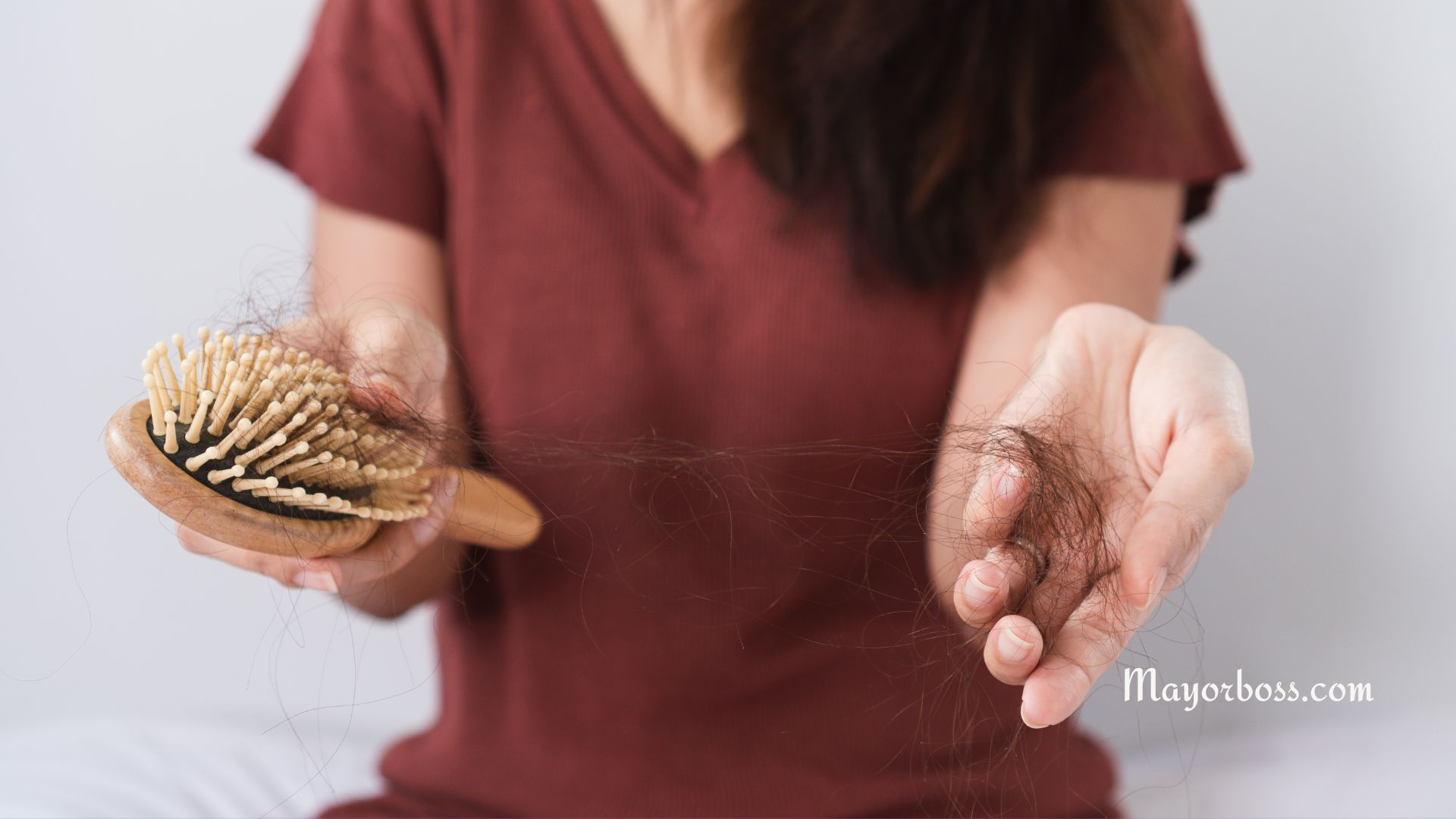Why Do Women Get Chin Hair? — The Reality and Remedies
If you’re a woman who has noticed a few stray hairs sprouting on your chin, you’re not alone. Many women deal with this common phenomenon, and the underlying reasons can vary. Family doctor Natalia Hapych, MD, sheds light on why women get chin hair and what you can do about it.
The Intricacies of Female Facial Hair
First and foremost, it’s essential to know that having chin hair is normal. “Every woman has some amount of facial hair,” explains Dr. Hapych. “The color, thickness, and extent of the hair growth depend on a variety of factors, mainly hormonal and genetic.”
The Hormonal Factors
One of the primary reasons women may develop chin hair is hormonal changes.
Fluctuations During the Menstrual Cycle
You may notice more hair growth during certain times of your menstrual cycle,” says Dr. Hapych. This is due to the fluctuation of hormones in your body, specifically estrogen and progesterone.
The Role of Androgens
Androgens, the hormones that are typically higher in men, also play a role in women’s body hair. “Even though women produce fewer androgens than men, the balance can sometimes shift,” Dr. Hapych adds. “Increased androgen levels can lead to more coarse, darker hair growth, often in areas like the chin.”
Menopause and Hormonal Shifts
Menopause can be another culprit for chin hair in women. “As women age and enter menopause, estrogen levels decline while androgens remain constant,” she says. “This can lead to increased hair growth in areas that are sensitive to androgens, such as the chin.”
The Genetic Influence
Apart from hormonal factors, your genes also have a say in whether you get chin hair. “Genetics determine the pattern, color, and amount of body hair you have,” notes Dr. Hapych. “If the women in your family have noticeable chin hair, there’s a good chance you might too.”
Conditions That Can Cause Chin Hair in Women
Certain medical conditions can cause an increase in facial hair, including chin hair.
Polycystic Ovary Syndrome (PCOS)
PCOS is a typical hormonal problem common among women of childbearing age. “Women with PCOS have higher levels of androgens, which can result in excessive hair growth, including on the chin,” explains Dr. Hapych.
Cushing’s Syndrome
Cushing’s syndrome is another condition that can cause increased hair growth. “This condition causes your body to produce too much cortisol, a steroid hormone,” says Dr. Hapych. “This overproduction can trigger an increase in body hair.”
Coping with Chin Hair: What Can You Do?
Dr. Hapych recommends several approaches to deal with chin hair:
Regular Shaving
Generally, shaving is a quick and easy way to remove unwanted chin hair. However, remember that the hair will grow back, and you may need to shave regularly to maintain a smooth appearance.
Plucking
If you only have a few hairs that bother you, plucking might be an effective solution. But be cautious, as this can be a bit painful and may cause ingrown hairs.
Topical Creams
Topical creams such as eflornithine (Vaniqa) can slow hair growth when applied regularly.
Laser Hair Removal
For a more permanent solution, you might consider laser hair removal. This procedure destroys the hair follicle, preventing future hair growth. “However, it can be expensive and may require multiple sessions,” adds Dr. Hapych.
Hormonal Treatments
If a hormonal imbalance is causing your chin hair, treating the underlying condition can help. Hormonal contraceptives, for example, can help balance hormone levels and reduce hair growth.
The Bottom Line
Chin hair in women is a common phenomenon and can be managed effectively. “It’s important to remember that everyone’s body is different and changes over time,” reassures Dr. Hapych. “If you’re concerned about chin hair, especially if it’s accompanied by other symptoms, it’s worth consulting with a healthcare provider.”






